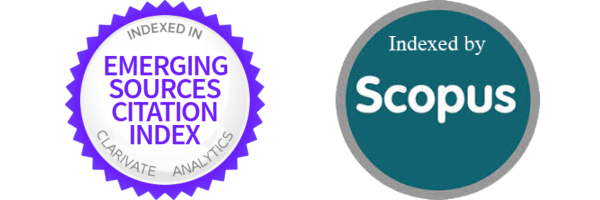Tegen de stroom van de tijd
DOI:
https://doi.org/10.7480/knob.105.2006.4.222##submission.downloads##
Samenvatting
According to most modern historians mentioned here it is likely that it wasn't until the Romantic Movement that the past was studied for its own sake. Had historiographers completely lost sight of the famous historians of classical antiquity since the time of Charlemagne? Was even Herod no longer known to them, the historiographer from the fifth century BC. whom Cicero had called the pater historiae?
Although Herod may have been criticized frequently in antiquity, he was and continued to be the great example for historiographers even until the end of the second century AD - if we are to believe Arnaldo Momigliano. Then his work and that of other major historians of antiquity passed into oblivion.
Herod did study the past for its own sake and he was fully aware of the difference between his own culture and that of the past. Among other things this appears from his description of the history of Egypt. Take, for instance, the passage on the mystery play of Osiris. According to Herod this mystery play had been handed down from Egypt to the Peloponnesos by the daughters of Danaos, but later, ‘after the Dorian migration the whole ritual on the Peloponnesos fell into disuse. Only among the Arcadians, who were not expelled from their settlements, has the ritual survived’.
Whether this course of events is correct or not in the light of the most modern studies, it is a fact that Herod describes a phenomenon that was characteristic of Egyptian culture. Moreover, he discovered that the mystery play was later adopted by the Greeks and that it subsequently disappeared again due to certain social changes, notably the Dorian migration. He adds that the mystery play only survived among a people that had not been expelled by the migration.
The way in which Herod tries to interpret such cultural phenomena in their historical context does not appear to differ essentially from modern historical studies. How could the historiographers of the Middle Ages have ignored this specific intellectual heritage of classical antiquity so completely? If the breach with classical antiquity was so large in this respect, there may be some ground for continuing to call the Middle Ages dark after all.
Gepubliceerd
Citeerhulp
Nummer
Sectie
Artikelen
Licentie
Copyright (c) 2006 Wim Denslagen

Dit werk wordt verdeeld onder een Naamsvermelding 4.0 Internationaal licentie.





